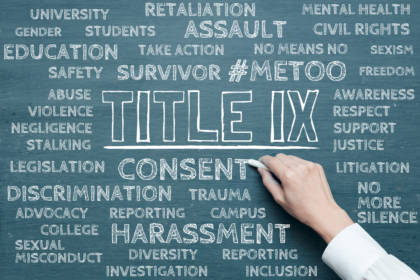If a family member died due to a work-related accident or sickness, you might be eligible for death benefits under your state’s workers’ compensation system. A workers’ comp attorney can give you a rough sense of who is eligible for benefits, how much you might receive, and how long you might receive it, so schedule an appointment today by clicking on this link. However, because each state’s workers’ compensation laws vary, the exact rules will be determined by the state where you file for benefits.
Are you eligible for death benefits?
Death benefits are meant to recompense particular family members for the loss of financial assistance from the deceased employee. While eligibility requirements vary by state, death benefits are typically (but not always) limited to people who were related to the person who passed away by blood or marriage – usually children, spouses, and other close relatives – who lived with and relied on the deceased employee for living expenses. Some jurisdictions pay families who were only partially dependent on the dead employee.
Depending on their relationship to the dead employee and state law, there are several procedures for determining who qualifies as a dependant. Children under the age of 18 are virtually always classified as dependents. The same is true for older children with physical or mental problems preventing them from working. Several states additionally allow children above the age of 18 (up to 21 or 25) who are engaged in relevant educational or vocational programs to be eligible.
Many states consider spouses to be dependents irrespective of their earnings. In some states, spouses may not qualify if they make more than a specific amount of money, or they might be required to prove financial reliance regardless of how much they earn. The eligibility of all other family members is generally evaluated based on the individual circumstances and evidence in each case.
Which deaths count for benefits?
To be eligible for death benefits, your loved one’s death must have been caused or contributed to by a work-related accident or illness. These benefits do not apply only when an employee dies on the job, such as in a major industrial accident. Injured workers may die weeks, months, or years later – although some jurisdictions do not provide payments for fatalities that occurred too long after the initial accident. Death benefits may also be awarded if employees die due to illnesses contracted due to working conditions, such as exposure to hazardous substances.





